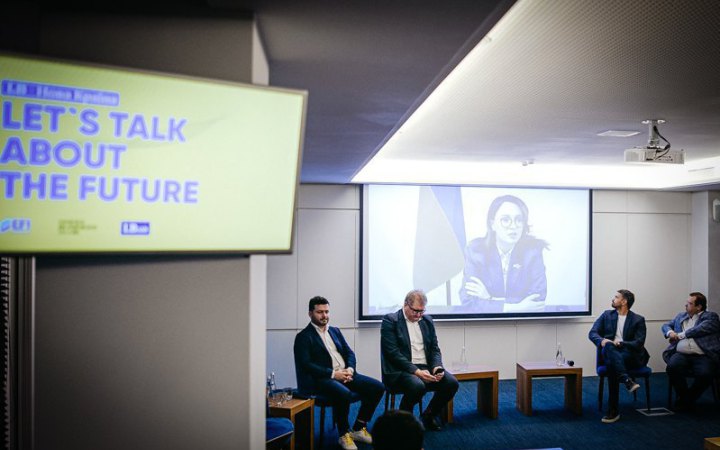According to Svyrydenko, last year's one-third drop in GDP - after the start of the full-scale invasion - showed "that it is time to change approaches; to grow faster than the average rate in Europe, we need to rethink our role on the global map."
In the 10-year perspective, Ukraine can and will be a reliable source of green energy for Europe, and can become a provider for 600 million people on the planet, the minister believes.
"We are talking about rethinking the agricultural sector with an emphasis on processing. We have always said that we need to go into processing, but there was no final understanding until the seaports were blocked. Now it is a matter of economic survival, when we need to physically find a way to reduce the volume and not lose export revenues. I think that recycling is a new economic philosophy and policy," says Svyrydenko.
"I think the main opportunity we have to take advantage of is to replace Russia and China in the G7 and EU markets. Ukrainian business in particular needs to think about these specific opportunities. This applies to critical products, the extraction of critical materials and processed products," the expert added.
In addition, according to Yulia Svyrydenko, the role of the state in the country's economic recovery will be rethought, with the private sector implementing 80% of the initiatives.
"...We will be the eastern border of NATO, a place for professional and social development of the individual. I am saying quite general things now, but this is what we are thinking about and discussing within the framework of the doctrine announced by the President. The doctrine, which is to be written and presented, discussed in a broad sense with Ukrainian society, where we have to talk about the role of the state and the role of business.
But in fact, there are many questions that need to be answered honestly: what kind of state we want to build, what is the role of the state as a regulator, what size of population we see; we need to answer what will happen with migration policy, what kind of migration policy we are ready for, because today the labor shortage is about 4.5 million people. These are the issues that require a broad discussion," Svyrydenko summarised.









